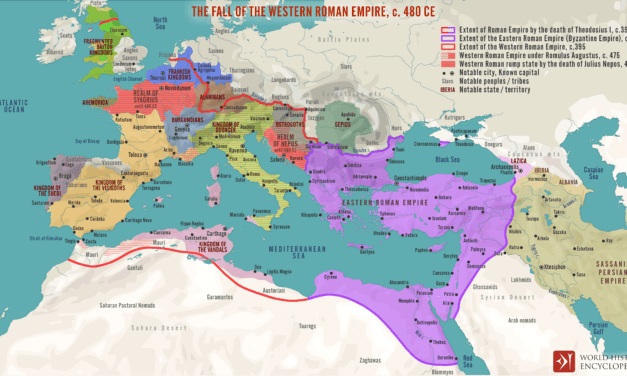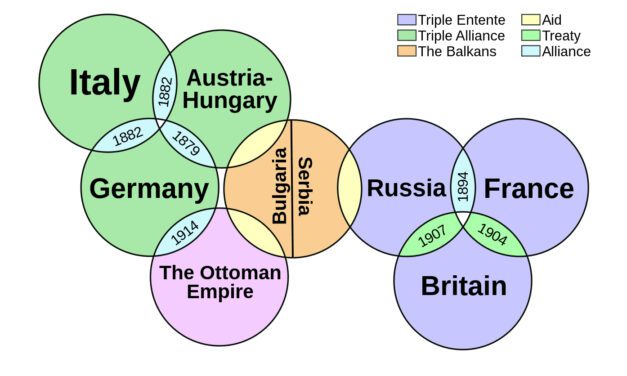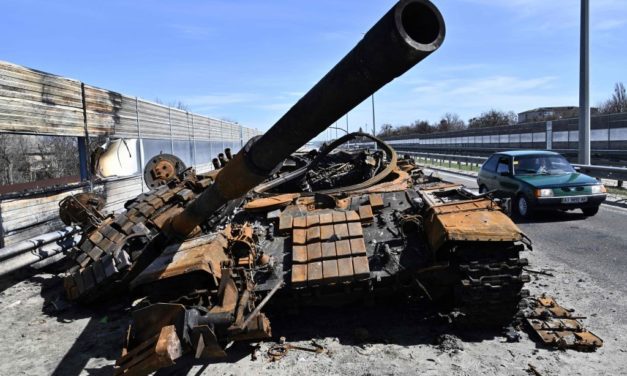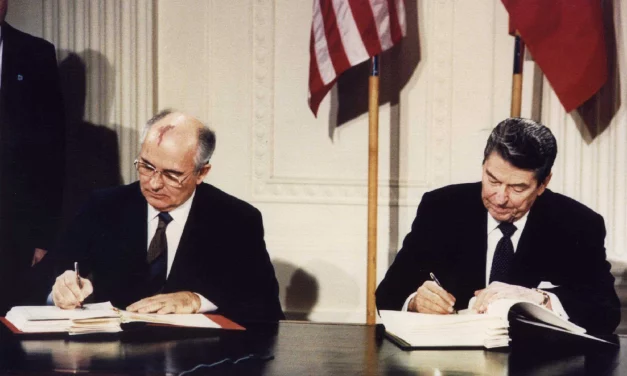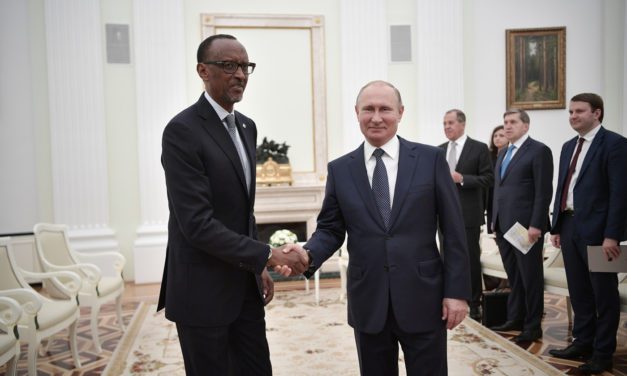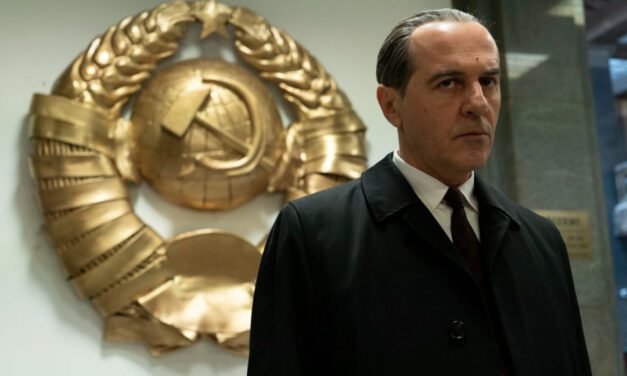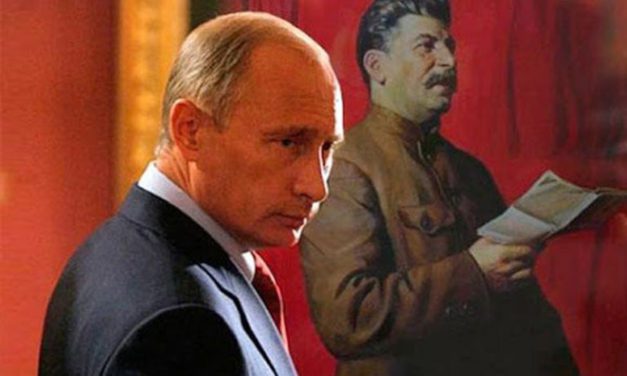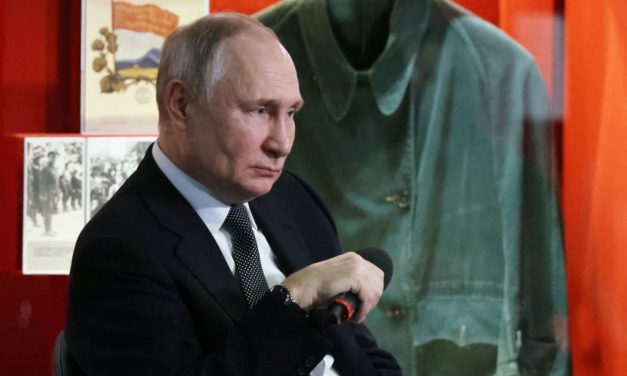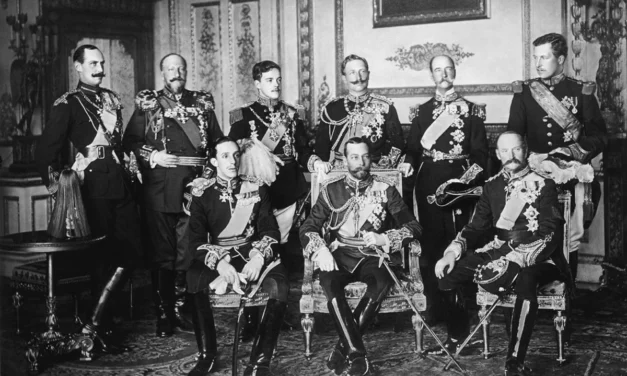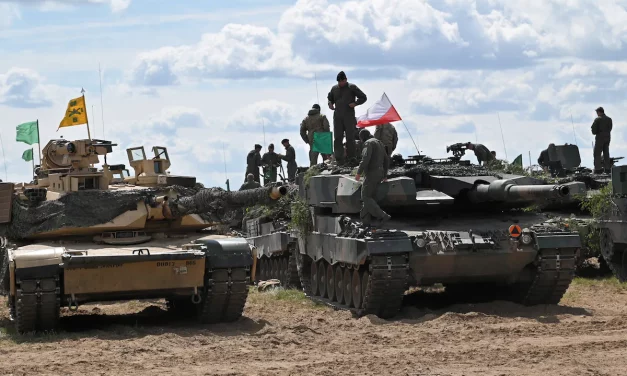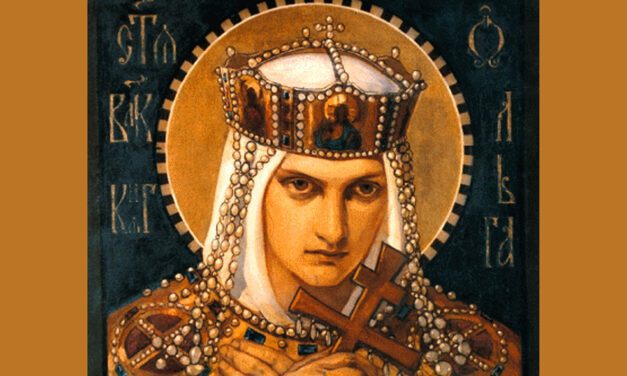Ukraine isn’t invited to its own peace talks. History is full of such examples – and the results are devastating
Reading time: 7 minutes
Ukraine has not been invited to a key meeting between American and Russian officials in Saudi Arabia this week to decide what peace in the country might look like.
Ukrainian President Volodymyr Zelensky said Ukraine will “never accept” any decisions in talks without its participation to end Russia’s three-year war in the country.
A decision to negotiate the sovereignty of Ukrainians without them – as well as US President Donald Trump’s blatantly extortionate attempt to claim half of Ukraine’s rare mineral wealth as the price for ongoing US support – reveals a lot about how Trump sees Ukraine and Europe.


